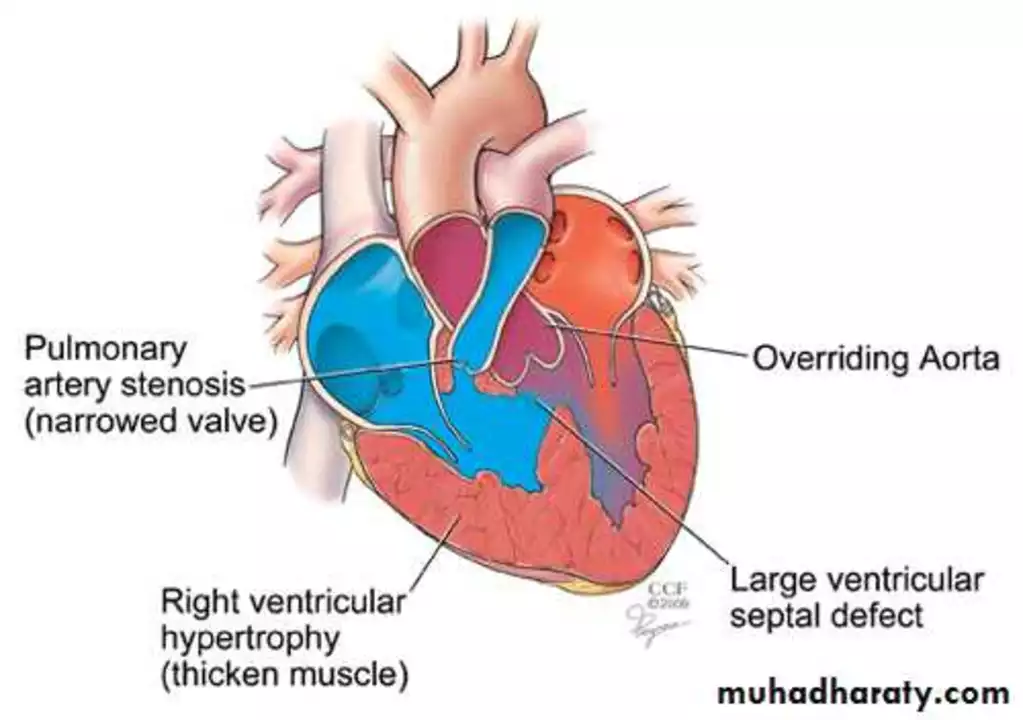Left Ventricular Failure: What It Is and What You Can Do
Left ventricular failure means the left side of your heart can’t pump blood effectively. That causes fluid to back up into the lungs and leaves muscles short on oxygen. You might notice breathlessness, tiredness, swollen ankles, or sudden weight gain from fluid. Knowing what to watch for and which steps help can change outcomes.
Common Causes and Clear Symptoms
High blood pressure, heart attacks, valve problems, and cardiomyopathy are typical causes. Diabetes and long-term heavy drinking also damage the heart over time — see our write-up on Alcohol and Tobacco: The Real Impact on Heart Failure for specifics. Symptoms often start subtly: getting winded climbing stairs, waking at night gasping for air, or needing extra pillows to sleep. If these show up, mention them to your clinician right away.
Tests Doctors Use and Why They Matter
Diagnosis relies on tests that are easy to get. A basic exam and ECG give initial clues. Blood tests like BNP check stress on the heart. Chest X-ray shows fluid in the lungs. The echocardiogram is the key test: it images the left ventricle and measures ejection fraction, which tells how well the heart pumps. Your team may also check kidney function and electrolytes because treatments can affect them.
Why this matters: tests guide which medicines or devices you need and help predict short-term risks.
Treatment combines medicines, lifestyle changes, and sometimes procedures. Common medications include ACE inhibitors or ARBs, beta-blockers, diuretics to remove extra fluid, mineralocorticoid receptor antagonists, and newer SGLT2 inhibitors which help heart health even in people without diabetes. Your doctor will tailor choices and monitor you with blood tests and clinic visits. Don’t stop meds without talking to them — sudden changes can make symptoms worse.
When valves are badly damaged, or when medications can’t control symptoms, procedures like valve repair, coronary bypass, or device therapy (pacemaker with resynchronization or ICD) may be recommended. In advanced cases, options include LVAD or transplant. Your cardiologist will explain what fits your situation.
Day-to-day self-care matters a lot. Weigh yourself every morning and report a quick gain of 2–3 pounds (1–2 kg) in a day or 5 pounds over a week. Cut down on salt, follow fluid limits your team gives you, keep active with a walking plan or cardiac rehab, and stop smoking. Vaccines for flu and COVID reduce risk of infections that can worsen heart failure. If you have diabetes, good blood sugar control helps — check our GLP-1 Agonists vs. Metformin article for treatment updates that affect weight and heart risk.
Red flags: sudden severe breathlessness, chest pain, fainting, or blue lips and fingers. These need emergency care. Otherwise, regular follow-up, daily monitoring at home, and clear communication with your care team keep most people stable and living well.
If you want, browse our site for related topics like lifestyle risks, medication guides, and how online pharmacies work. Practical steps plus the right medicines make a real difference for left ventricular failure — you don’t have to navigate it alone.
The Connection between Alcohol Consumption and Left Ventricular Failure
In my recent research, I discovered a significant connection between alcohol consumption and left ventricular failure. It appears that excessive alcohol intake can lead to the weakening of the heart muscle, known as cardiomyopathy, which in turn causes left ventricular failure. This type of heart failure results in the heart's inability to pump blood effectively, leading to various health complications. Cutting back on alcohol or avoiding it altogether can significantly reduce the risk of developing left ventricular failure. It's essential to prioritize our heart health and maintain a balanced lifestyle to prevent such conditions.
